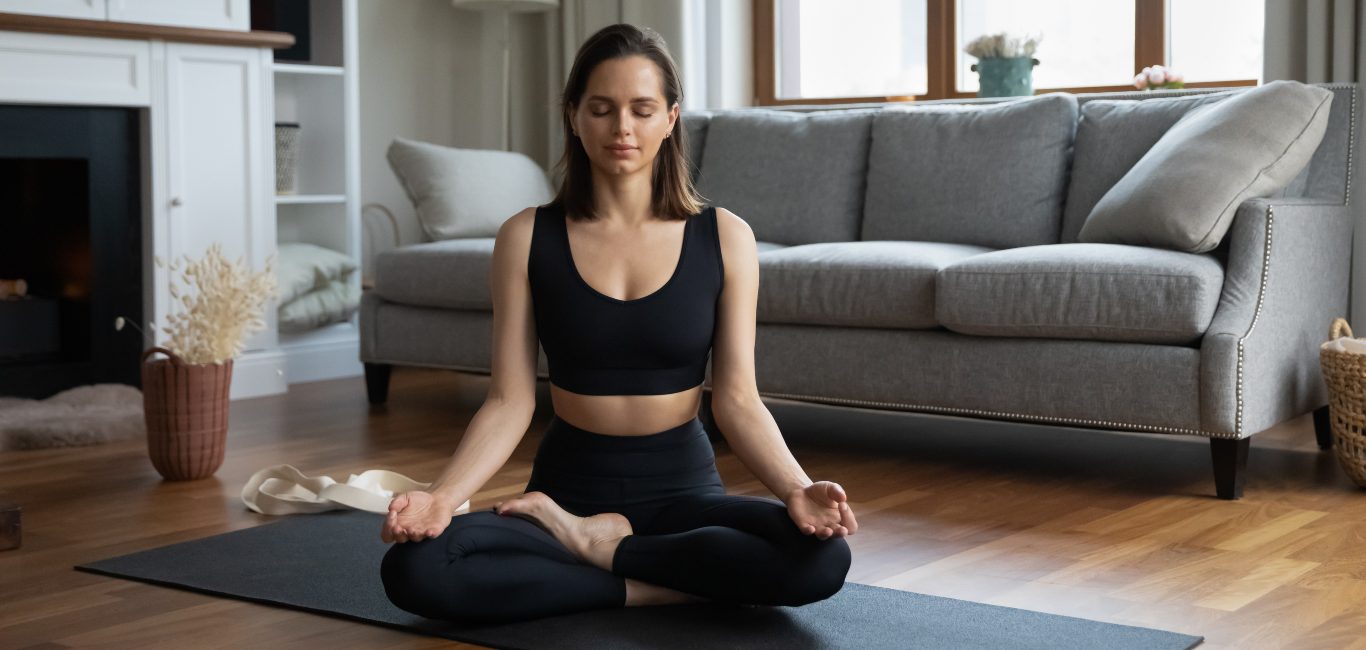
Being mindful and thoughtful partners – what is it all about in a relationship?
Life coaches and relationship experts have a favourite quote:
“I’ve learned that people will forget what you said, people will forget what you did, but people will never forget how you made them feel.” – Maya Angelou.
Mindfulness in a couple relationship involves paying attention to the partner’s needs, being accommodative towards each other’s wishes and feelings, and making it possible to realise them in a meaningful and supportive way.
A happy relationship is a two-way street. Of course, It would be ideal, nay essential, that both partners show the same care, respect, understanding and thoughtfulness towards each other, in good times or bad.
Listening and mindfulness
According to Sharon Lawrence, a relationship coach from the Holy Ghost Community Church in Bengaluru, at the beginning of every new romantic relationship, the individuals tend to be very thoughtful with surprises and meaningful conversations. However, over time, the attention can dwindle, causing the relationship to become stagnant, which can result in one or both partners feeling unappreciated.
To combat this feeling of worthlessness and to show care and affection towards the partner, it requires a conscious effort to try new things and step out of one’s comfort zone. As Lawrence states, “That’s where thoughtfulness and mindfulness become important.”
And as we traverse romantic relationships, listening becomes essential for keeping communication channels open.
An August 2021 study found that when we have somebody to listen to us, it improves our cognitive resilience.
Cognitive resilience is a measure of the brain’s ability to function at a better rate than expected of a person of that age. People in their 40s and 50s with low listener availability had a cognitive age that was four years older than those with high listener availability. What is vital for being a good listener is being mindful, says the study.
Mindfulness has been described as the constant awareness of self-thoughts, understanding, and reciprocating human emotions with inner judgement – it provides physical response to life situations in a subtle way. In fact, being mindful also benefits the person.
A 2013 study conducted on 93 people with anxiety disorder found that when they were mindful, it significantly brought down stress in all the 93 candidates.
Some ways to being a thoughtful partner
Do something new together
Think of some of these sure shot ways to put the spark back in the relationship – encouraging a new hairstyle, playing a doubles badminton game or any commonly followed sport, raising a pet, planting herbs, gardening, or reading together.
Being together on occasions such as birthdays or family dinners wins brownie points and also leaves a good social impression, says Lawrence.
Gifts are always in trend
Everyone wants or needs something – we just have to be aware of it. A thoughtful birthday or anniversary present or even without an occasion makes the other person feel valued and happy.
Useful gifts could be shoes, apparel, bags or hobby instruments, Lawrence says.
Be a compassionate listener
According to Lawrence, “in a healthy relationship, each partner relies on the other for love, guidance and advice. Sometimes, just taking the time to genuinely listen to what they say, and not saying anything at all, will say more to them than your words ever could.”
In challenging times
Dustin Wax from Lifehack Organisation, Sydney, that coaches people in relationships, notes, “It is obvious what you need to do when your partner faces a major life challenge like the loss of a job or the death of a loved one. But it’s just as important to be supportive when your partner faces life’s little challenges, too — an argument at work, a rough commute, a misplaced cheque. Listen to what’s bothering them and offer any help — even if it’s just sympathy.”
Being supportive and understanding when life hits the rough road, offering a shoulder to lean on during distress – such actions can make a partner believe more in the relationship, thus making the trust more robust.
Finally, these simple gestures count a lot in promoting well-being and a healthy relationship: openness and patience, being receptive and contributing to positive emotions.

















